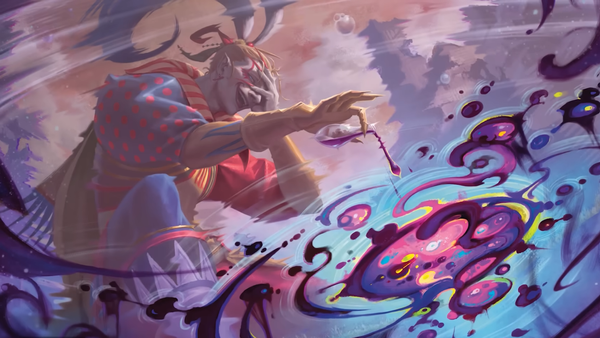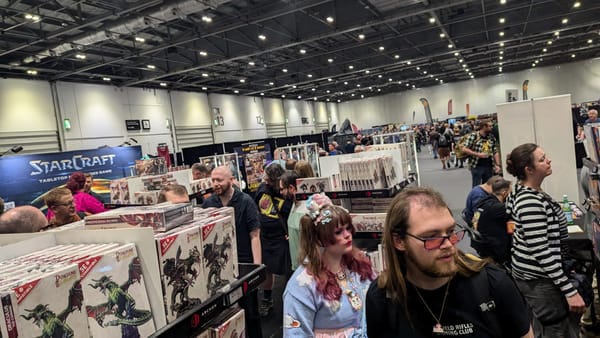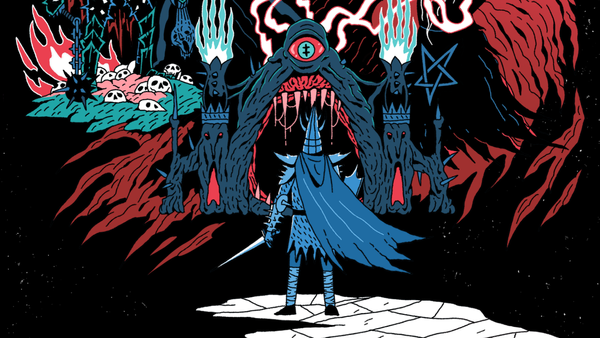Magnolia: City of Marvels delves into the politics of artistic rebellion
Fantasy Punk is here to free us
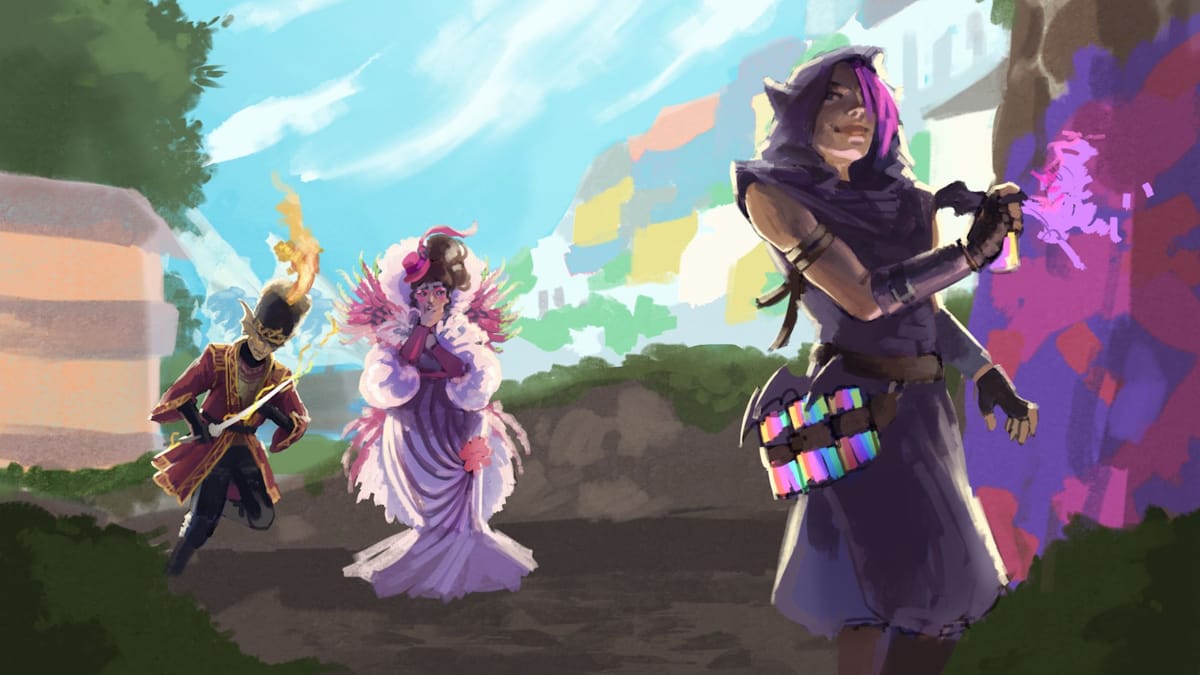
Here at Rascal we love all things punk. As self-described “bardpunk dirtbag tabletop roleplaying game journalists,” an ideology about building community and art yourself in the face of massive corporatization and growing regressive social movements is near and dear to our collective hearts. Personally, I spent my college years in dingy, smoke-filled, beer-stained basements brimming with experimental art and radical politics. Though those basement shows have transformed to only slightly less grimy Brooklyn dive bar shows, I still try to bring that energy with me into every facet of my life—including tabletop games. Magnolia: City of Marvels, a new system-agnostic micro-setting of “Art, Punk, and Rebellion;” fills the DIY hole in my heart with what the designers call a “perfect blend between medieval fantasy and cyberpunk”.
The setting takes the typical high art renaissance vibe of many cosmopolitan fantasy settings and puts a grungy modern spin on it. In the capital city of Magnolia, a tourist hub and celebrity hotspot with art erupting from every nook and cranny, a revolution is brewing. While the city’s art scene is thriving because of government subsidies (maybe the most fantastical element of the setting), there’s a limit to what artists are allowed to express. Magnolia’s highly stratified social hierarchy keeps haughty nobles at the top, deciding the city’s laws and censoring what art is allowed to be made, while those who reject the status quo are relegated to the city’s outskirts—relying on organized crime syndicates to meet their needs.
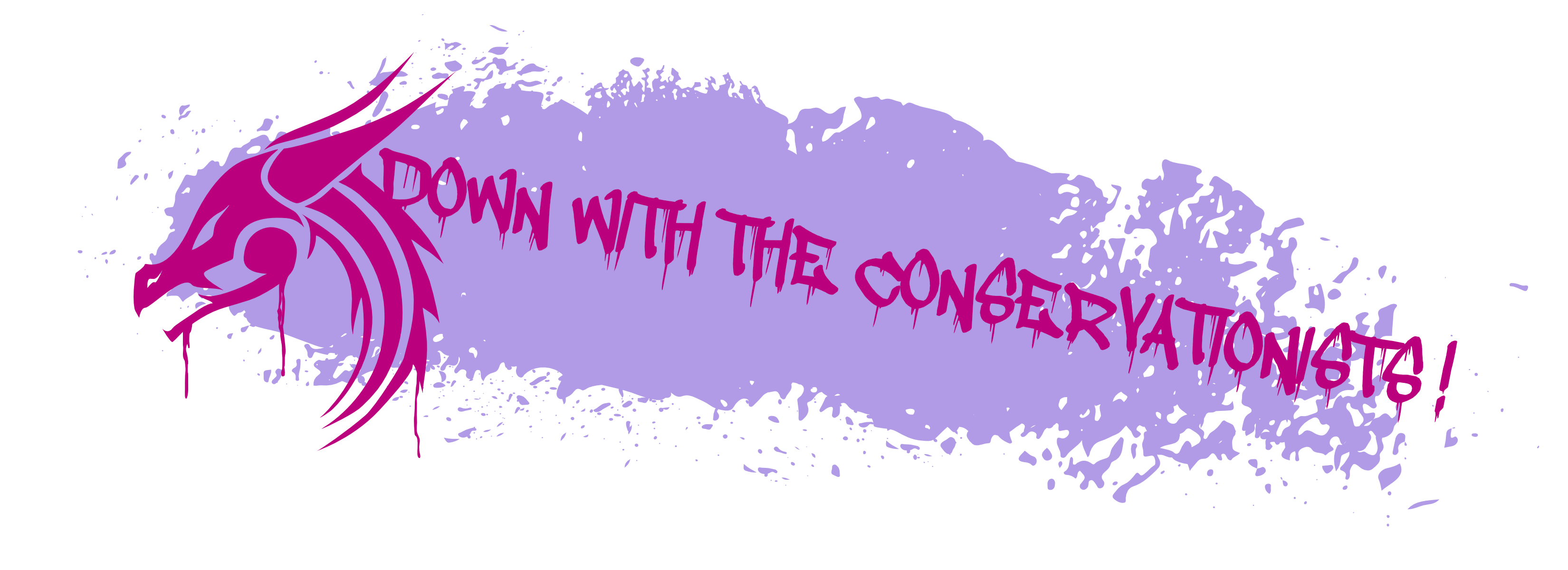
The arrival of a new gang in town, the Purple Dragons, threatens to change everything. Looking to liberate art from a singular, restrictive, conservative vision; the Purple Dragons bring new fashion, magical graffiti, and nonviolent resistance to the city. The powers that be wish to stop them before their ideology can spread, and extremist violence begins to rise as those who wish to maintain control of the city grow impatient with this new, radical faction.
Rascal sat down (via email) with Tomas Gimenez Rioja, one of the writers of Magnolia, to talk about what punk means to the team behind the project, how art can be used as a tool for both social control and liberation, and the complications of having allied factions with a diversity of tactics to achieve their goals.


